International Students Weigh Holiday Travel Plans Amid Uncertain U.S. Immigration Policies
As the inauguration of President-elect Donald Trump looms, international students studying in the United States are facing a challenging dilemma. With potential changes in immigration policies, many are questioning whether they should return home for the holidays and if they should return before the January 20 inauguration. Jill Kaufman of New England Public Media provides insight into the situation.
At the University of Massachusetts Amherst, students are finishing their finals, preparing for a nearly six-week winter break. A second-year PhD student from China, who requested anonymity out of concern for her student visa, is considering UMass’s recommendation to return to the U.S. by January 20. However, she plans to stay in China longer, trusting her luck despite the university’s advice.
For her, the 17-hour flight and the cost of changing her ticket are significant factors. Meanwhile, several of her peers have opted to adjust their travel plans to return to the U.S. early, apprehensive about potential travel restrictions. This situation is reminiscent for Musbah Shaheen, a UMass Amherst professor, who experienced similar uncertainty when travel restrictions were implemented during Trump’s first term.
Concerns Over Potential Travel Restrictions
UMass Amherst hosts 1,600 international undergraduate students and nearly 4,000 graduate students, many of whom are enrolled in STEM programs. Shaheen, originally from Syria, recalls the executive order signed by Trump in 2017 that severely limited travel from seven majority-Muslim countries, including his own. This order made it nearly impossible for him to leave the U.S. after completing his degree, as he feared being unable to return for further studies.
“The feelings of don’t leave, don’t move, don’t do anything, just stay put,” Shaheen describes the atmosphere among international students at the time. With over a million international students and scholars currently in the U.S., primarily from China and India, the prospect of sudden policy shifts is causing a similar level of anxiety.
Immigration attorney Dan Berger, who advises American universities, highlights the unpredictability of the situation. He advises students to purchase travel insurance and avoid nonrefundable travel deposits due to the uncertainty surrounding future immigration policies. Berger underscores the need for universities to offer flexibility in housing and enrollment timing to accommodate international students who may face last-minute travel disruptions.
Uncertainty in Current Immigration Environment
Under the Biden administration, Berger notes that delays are already affecting some students entering the U.S., particularly those from Russia, China, and Iran. While U.S. Customs and Border Protection did not confirm these delays, they emphasized that all international travelers are subject to examination.
Reflecting on past experiences, Berger points out that international students were blindsided by the travel restrictions during Trump’s first term. With the possibility of a similar situation arising again, students like those at UMass Amherst face difficult decisions about whether to travel during breaks, knowing that their ability to return could be compromised.
Musbah Shaheen concludes that if another travel ban is implemented, students must carefully consider their travel plans, especially for the upcoming summer break, to ensure they can continue their studies without interruption. For NPR News, this is Jill Kaufman reporting from Amherst, Massachusetts.
NPR transcripts are created on a rush deadline by an NPR contractor. This text may not be in its final form and may be updated or revised in the future. Accuracy and availability may vary. The authoritative record of NPR’s programming is the audio record.





